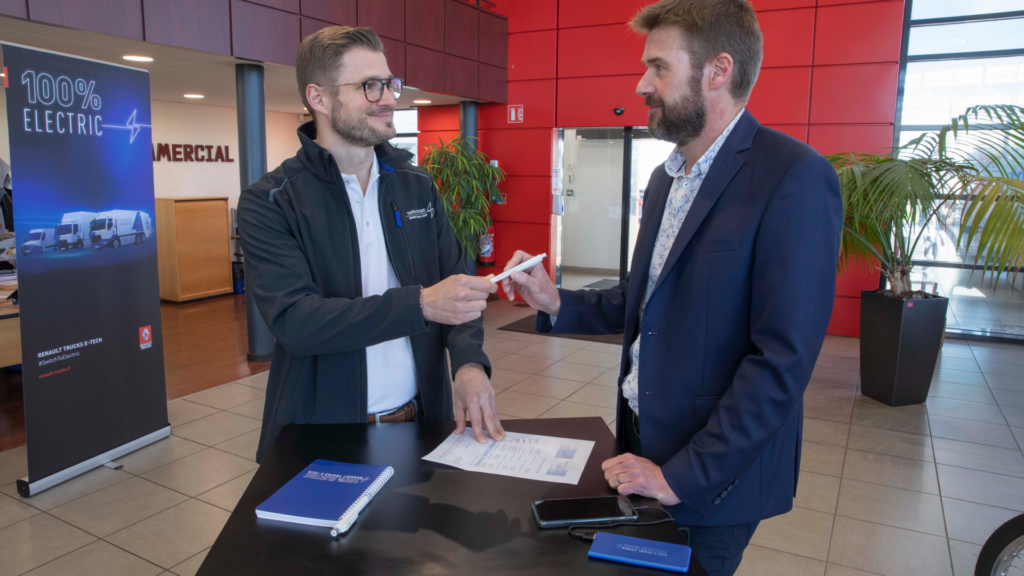We use cookies to help you navigate efficiently and perform certain functions. You will find detailed information about all cookies under each consent category below.
The cookies that are categorized as "Necessary" are stored on your browser as they are essential for enabling the basic functionalities of the site. ...
Necessary cookies are required to enable the basic features of this site, such as providing secure log-in or adjusting your consent preferences. These cookies do not store any personally identifiable data.
Functional cookies help perform certain functionalities like sharing the content of the website on social media platforms, collecting feedback, and other third-party features.
Analytical cookies are used to understand how visitors interact with the website. These cookies help provide information on metrics such as the number of visitors, bounce rate, traffic source, etc.
Performance cookies are used to understand and analyze the key performance indexes of the website which helps in delivering a better user experience for the visitors.
Advertisement cookies are used to provide visitors with customized advertisements based on the pages you visited previously and to analyze the effectiveness of the ad campaigns.
As the UK accelerates towards its net zero targets, the transport sector is under increasing pressure to cut emissions and embrace cleaner, more sustainable practices. With evolving regulations, local Clean Air Zones (CAZs) and growing environmental expectations from customers and communities, UK-based transport companies must act decisively to stay compliant and competitive.
Emissions Standards in the UK are tightening in line with the government’s broader decarbonisation strategy. From London’s Ultra Low Emissions Zones (LEZs) to similar schemes emerging in cities like Birmingham, Manchester, and Glasgow, transport operators are being pushed to modernise their fleets and reduce their environmental impact.
Beyond local authority initiatives, the UK government is also implementing stricter national regulations aligned with the Euro VI standard, phasing out diesel vehicles from certain segments and offering incentives to accelerate the shift to low-emission technologies. These changes can create logistical challenges – but they also offer a chance for forward thinking businesses to lead the charge in sustainable transport.

Remaining compliant with emissions standards requires more than reactive adjustments – it calls for a long-term strategy. Here are a few key steps transport operators in the UK can take:
OEM’s play a pivotal role in helping transport companies meet the UK’s emissions goals. Renault Trucks, for instance, has aligned its vehicle range with the UK’s most stringent standards, offering fully electric and fuel-efficient models for urban, regional, and long-haul operations.
From the E-Tech electric range to low-emission models engineered for ULEZ and CAZ compliance, Renault Trucks demonstrates a clear commitment to sustainability – helping UK businesses reduce their carbon footprint without compromising on performance or reliability.
Rather than viewing emissions regulations as a hurdle, savvy UK operators are leveraging them as a catalyst for innovation. Aligning with environmental goals opens doors to new contracts, enhances brand reputation, and strengthens resilience in a rapidly evolving marketplace.
With the UK government offering grants and incentives for clean vehicles adoption – and the broader industry shifting towards sustainability – the time to act is now. By standing ahead of regulations and partnering with manufacturers like Renault Trucks, transport companies can lead the transition to a greener, more efficient future.

|
|